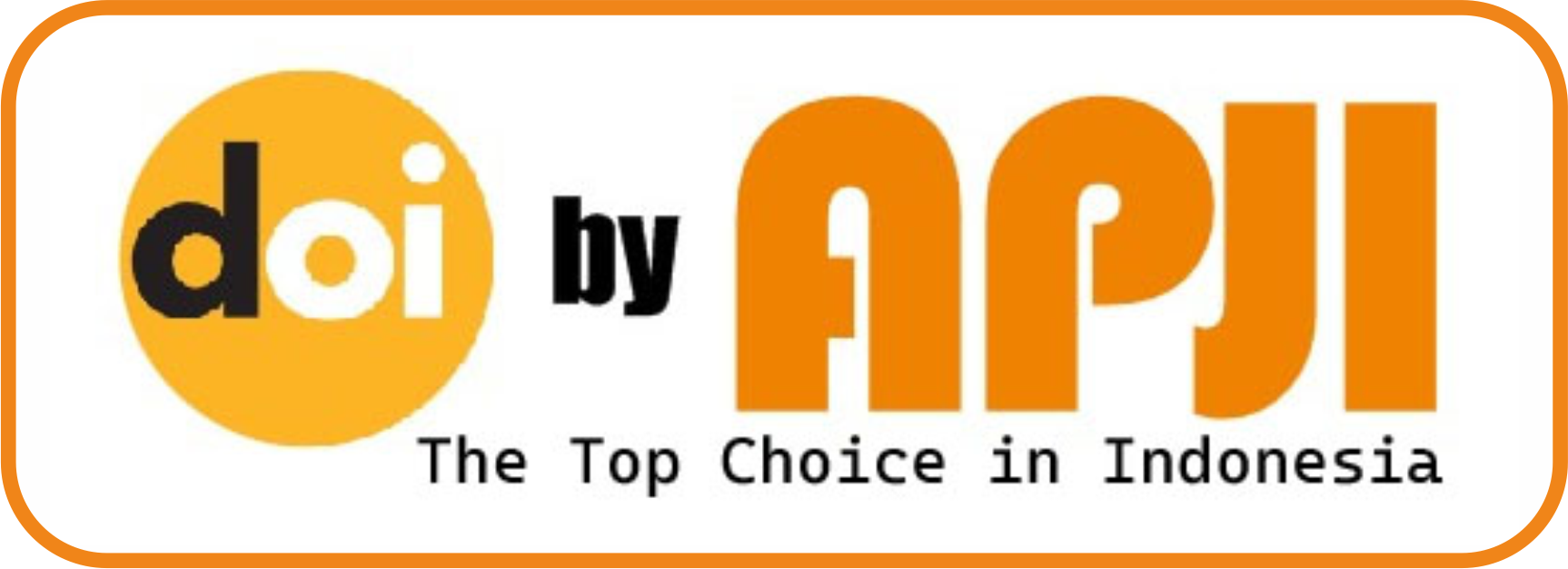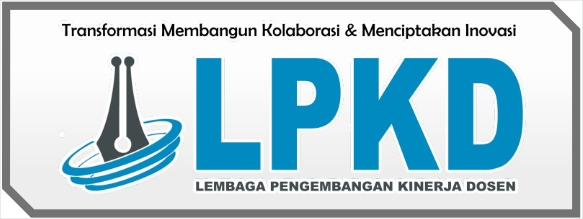Hubungan Dukungan Keluarga Terhadap Kemampuan Perawatan Diri (Self Care) Pada Anak Retardasi Mental Di SLB
DOI:
https://doi.org/10.55606/klinik.v2i3.1921Kata Kunci:
Family Support, Self-Care, Mental RetardedAbstrak
Background: Mental retarded children refer to children with special needs and under-average IQ. One of the most observable problems in children is - the incapability to carry out routine activities and self-care. Objectives: This research determined the correlation between family support and the self-care level of mentally retarded children at a special school. Method: This quantitative research applied a cross-sectional approach. The sample consisted of 36 children aged between 7 and 17 years old. The researchers took the sample with a total sampling technique. Then, the researchers analyzed the data with Spearman’s rank. Results: The characteristics of the male children are aged 10 years old. The parents are mostly middle adult individuals. They were mostly female with Senior High School education. They were housewives. The obtained p-value was 0.001, indicating the correlation between family support and the self-care level of the mentally retarded children. Suggestion: The results described the family support of children with retarded mental to improve their self-care autonomously.
Referensi
Ayu, N., Eka, M., & Winata, I. N. A. (2016). Kemandirian Anak Retardasi Mental Sedang Di Sdlb 1 Negeri Denpasar Factors That Influence the Children of Mental Retardation Children Are in Sdlb 1 Denpasar. Jurnal BMJ, 5(2), 126–133.
Baker, L. & Denyes, M., J. (2018). Predictors of Self-Care in Adolescents With Cystic Fibrosis: A Test of Orem’s Theories of Self-Care and Self-Care Deficit. Journal Of Pediatric Nursing, 23, 37–48.
Fakolade, O. A & Atanda, A. I. (2015). Literature review Literature review. Literature Review, November, 33–37.
Hartati, P. K. (2019). Hubungan Antara Dukungan Keluarga Dengan Perilaku Maladaptif Siswa Di SMP N 3 Kedungwuni Kabupaten Pekalongan. Jurnal Keperawatan Komunitas, 3(Nomor 1), 11–16.
Hartati, S., Setyowati., dan Budiati, T. (2016). Penerapan teori self care orem dan comfort kolcaba pada ibu post partum seksio sesarea dengan tubektomi.
Indahwati, S., Haeriyah, S., & Ratnasari, F. (2021). Hubungan Dukungan Keluarga Dengan Kemandirian Dalam Kehidupan Sehari-Hari Anak Tunagrahita Di Sekolah Khusus YKDW 01 Karawaci Tangerang. Nusantara Hasana Journal, 1(1), 95–101. http://nusantarahasanajournal.com/index.php/nhj/article/view/226
Jayanti, D Dwi. M. A., Lestrai, R. T. R., & Riskayanti, N. P. (2020). Relationship Between Parents’ Parenting And Independence Level Of Activity Daily Living (ADL) In Soft Mental Retardation Children. Jurnal Ners Dan Kebidanan Indonesia, 8(2), 87. https://doi.org/10.21927/jnki.2020.8(2).87-94
Kartika, Y. E., Nurhidayah, I., & Hendrawati. (2020). Dukungan Keluarga Dalam Kemandirian Perawatan Diri Anak Retradasi Mental Ringan di SLB-C YKB Garut. Jurnal Kesehatan Saelmakers, 3, 214–221.
Kashahu, L., Dibra, G., Osmanaga, F., & Bushati, J. (2014). The relationship between parental demographics, parenting styles and student academic achievement. European Scientific Journal, 10(13), 237–251.
Laxman, D. J., B. A. McBride, L. M. Jeans, W. J. Dyer, R. M. Santos, J. L. Kern, N. Sugimura, S. L. Curtiss, dan J. M. Weglarz-Ward. 2015. Father involvement and maternal depressive symptoms in families of children with disabilities or delays.
Lesmana, S., Ramdhanie, G. G., & Mediani, H. S. (2021). Pengetahuan Dan Sikap Orangtua Terhadap Kemandirian Anak Retardasi Mental Ringan. Jurnal Kesehatan Bakti Tunas Husada, 21(2), 227–238.
Maidartati, Hayati Sri, A. S. (2019). Hubungan dukungan keluarga dengan kemandirian perawatan diri anak retardasi mental ringan-sedang di SLB Cicalengka.
Mandasari, Agrina, Z. M. (2020). Gambaran Kemampuan Personal Hygiene Anak Retardasi Mental Menurut Orang Tua. JMH Jurnal Medika Hutama , 02(01), 402–406
Meppelder, M., M. Hodes, S. Kef, and C. S. (2017). Parenting stress and child behaviour problems among parents with intellectual disabilities : the buffering role of resources. Journal of Intellectual Disability Research, 59(july):6.
Mundhenke, Lotta, Liselotte Hermansson, Qvist Na, and B. S. (2014). Experiences of Swedish Children with Disabilities: Activities and Social Support in Daily Life. Scandinavian Journal of Occupational Therapy.
Panzilion, Juli Andri, P. (2021). Therapy Brain GYM Terhadap Short Memory Anak Retardasi Mental. Jurnal Keperawatan Silampari, 4(2). http://www.ufrgs.br/actavet/31-1/artigo552.pdf
Prawitasari, N. R. N., Wijiastuti, A., & Budiyanto, B. (2023). Assistive Technology in Improving Daily Living Activities of Children with Intellectual Disabilities. Atlantis Press SARL. https://doi.org/10.2991/978-2-38476-008-4_52
Pursitasari, I., & Allenidekania, A. (2019). Literature Review: Kemampuan Anak Berkebutuhan Khusus Melakukan Kebersihan Diri. Jurnal Kesehatan, 10(2), 305. https://doi.org/10.26630/jk.v10i2.1317
Septianti, A., Rokayah, C., & Mustofa, A. (2016). Hubungan Dukungan Keluarga dengan Kemampuan Perawatan Diri Anak Tunagrahita. Jurnal Ilmiah Permas: Jurnal Ilmiah STIKES Kendal, 6(2), 58–64.
Sipatuhar, I. E. (2017). Anak Retardasi Mental Usia Sekolah. Jurnal Gema Keperawatan, 10(1), 36–40.
.


















